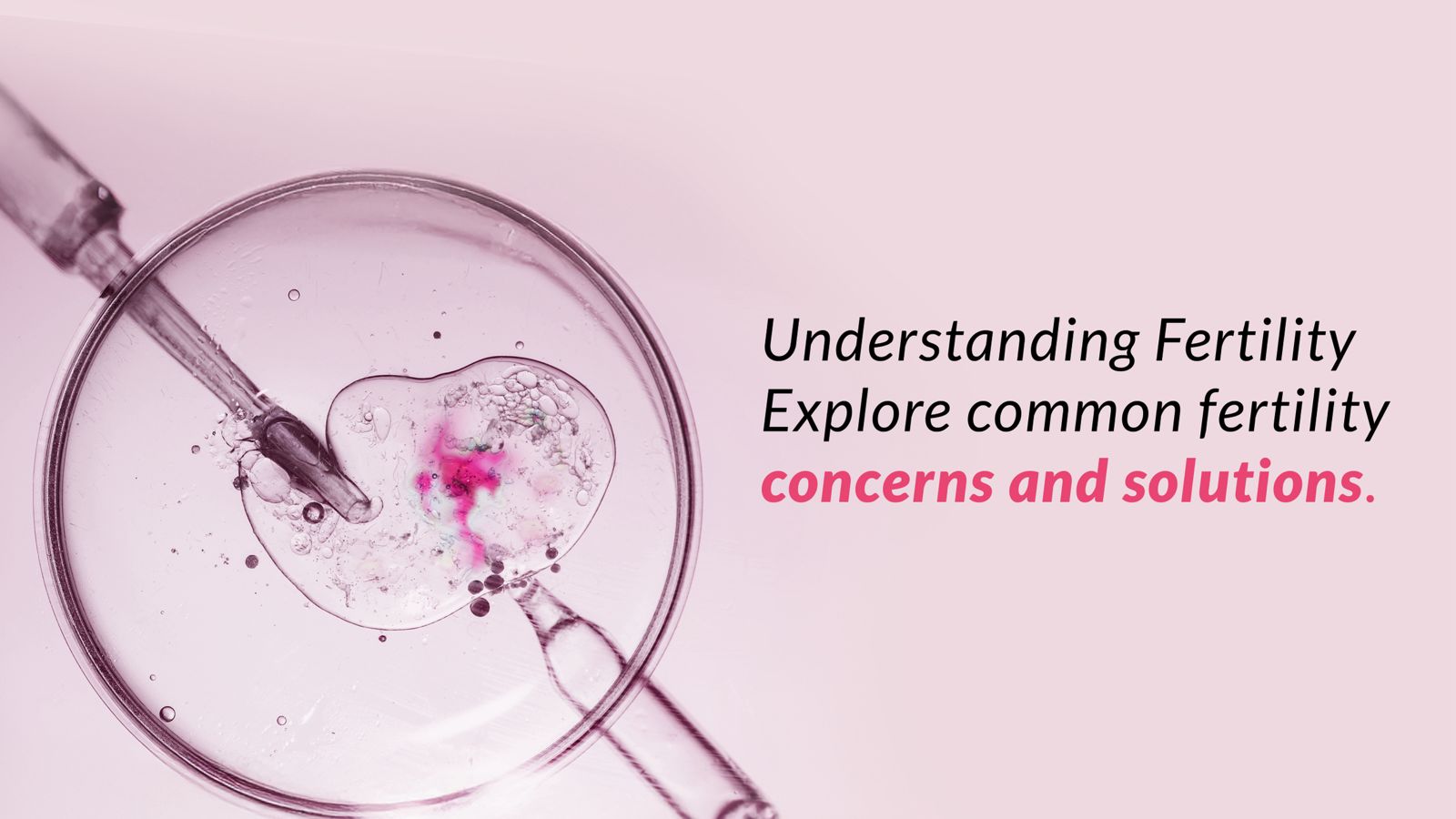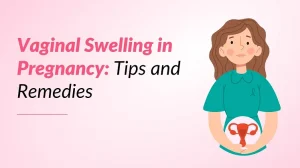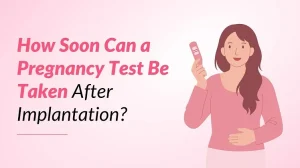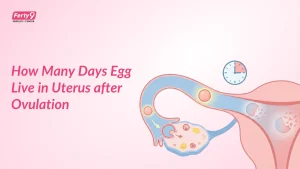Ten Ways to Stay Fertile in Your 30s
One needs to stay fertile for a marriage to survive as infertility can cause much disharmony in a relationship. The desire to have children is very much there and even if one has delayed having a child, it is still important for couples to have a family of their own. One tends to go in for hormone treatments if one is infertile.
Often couples blame pesticides in food or hormone-disrupting stress or blocked fallopian tubes for infertility. Age is a factor that cannot be ignored. In fact, 20 percent of American women off late have their first child after age 35. This does cause many problems such as diminished egg reserves or even a heightened risk of other reproductive issues. On the whole, about one-third of infertility problems can actually be attributed to the female partner, and the same number to men as well. Both partners have problems 10 percent of the time, and 20 percent of cases are usually labeled “unexplained.”
Much depends upon what we eat as well as drink. We must realize that the food choices that we make have a major impact on our health.
Eat to Conceive
One must get plenty of protein from plants. Foods that tend to elevate insulin levels end up contributing to fertility-zapping ovulatory disorders. All proteins do not get digested. Animal proteins require more insulin to be secreted. Beef and poultry have been associated with infertility.
BAN TRANS FATS
Found primarily in packaged baked and fried foods, trans fats elevate insulin levels. Monounsaturated fats, like those found in avocados, nuts, and olive oil, are associated with a decreased risk of infertility.
AVOID SUGAR SPIKES
It is important for the quick digestion of carbs, such as white bread, potatoes, and soda, to spike one’s blood sugar and promotes insulin secretion. “White” carbs encourage yeast overgrowth. It is good to eliminate sugar and white flour and eat fiber-rich slowly digested complex carbohydrates as well as incorporate plain yogurt or pro-biotic supplements to encourage the growth of healthy gastrointestinal bacteria.
LIMIT LOW-FAT DAIRY
Low-fat dairy foods do appear to heighten the risks of infertility, while women who actually consumed one daily serving of whole milk or full-fat ice cream were about 27 percent less likely to experience infertility.
TEA UP
Tea drinkers doubled their odds of conceiving, perhaps on account of antioxidant content. One must avoid red raspberry leaf tea because it is linked to miscarriage.
Clean Up Your Act
Every day, we get exposed to rather hundreds of chemicals, from our daily usage of shampoo to our water bottles to car exhausts. Research has shown that many of these products contain endocrine-disrupting compounds called xenoestrogens (bisphenol-A or BPA, and phthalates are two examples), which mimic estrogen in the body, which meddles with the body’s sensitive hormonal milieu by blocking real estrogen from doing its work. High blood levels of the chemicals are used in nonstick cookware and waterproof clothing that has been shown to significantly increase a woman’s risk of infertility.
Live This Lifestyle
One’s lifestyle is important. It should preferably be a blend of holistic care with mainstream reproductive endocrinology.
STRESS LESS
Chronic stress is bad as it causes the pituitary gland to rather unnecessarily release endorphins that do suppress reproductive hormones. Relaxation and yoga are good for conceiving.
STRIKE A POSE
Yoga does reduce the stress hormone cortisol and also induces a relaxation response. Specific poses, such as Viparita Karani (Legs up the Wall), can actually increase blood flow to the ovaries as well as the uterus, thus potentially thickening the uterine lining; this can help with embryo implantation. One can go in for gentle Hatha or restorative yoga as an ideal choice.
PICTURE THIS
Guided imagery is a good and effective therapeutic technique that permits one to relax in mind and body. One tends to focus one’s attention on specific images that help to calm a person. One can visualize that one’s egg is being fertilized and one’s chemistry does change and the body does respond as if fertilization is actually taking place.
CONSIDER ACUPUNCTURE
Women who undergo IVF and acupuncture together are in fact 65 percent more likely to conceive than women who only undergo IVF. Acupuncture promotes uterine blood flow. It can also help to quiet post-IVF uterine contractions encourage implantation and also decrease levels of cortisol (a “stress hormone”) and prolactin, both of which are supposed to disrupt reproductive function.
you may like: IUI In Hyderabad





























